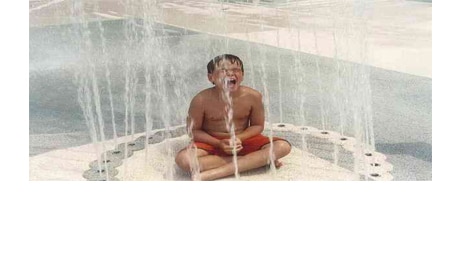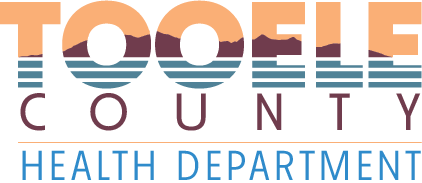Facts about Recreational Water Illness including Cryptosporidium and Healthy and Safe Swimming

Most outbreaks reported to CDC linked to the water in which we swim, relax, and play are outbreaks of diarrhea. These outbreaks are caused by germs like Crypto (short for Cryptosporidium), Giardia, Shigella, norovirus, and E. coli O157:H7.
These germs—sometimes millions at a time—can spread when someone who is sick has diarrhea in the water. Other people can get sick if they swallow the germy water—even just a mouthful.
Pool chemicals, like chlorine or bromine, are added to the water to kill germs. But they don’t work right away. If used properly, they can kill most germs within a few minutes. However, some germs, like Crypto can live in properly treated water for several days.
The job of pool chemicals is to kill germs. But when pee, poop, sweat, and shed the dirt off our bodies into the water, the chemicals break down these other things instead of killing germs. This uses up the chemicals’ power, which means there’s less to kill germs.
Staying safe in and around the water is important, too. Don’t forget sun safety and drowning prevention. Drowning is a leading cause of unintentional injury death among children 1–14 years old. In fact, drowning kills more young children 1-4 years than anything else except birth defects. Of drowning victims who survive and are treated in emergency rooms, more than half are hospitalized or transferred for further care. These individuals often experience brain damage, which can cause memory problems, learning disabilities, or permanent loss of basic functioning (or permanent vegetative state). Learning swimming skills like floating, wearing life vests and swimming under the supervision of parents, caregivers or life guards who know CPR can prevent drowning.
Stay Healthy in the Water
Remember, we share the water—and the germs in it—with everyone. To help protect yourself, your family, and your friends from germs and injuries, use the checklist above before getting in the water, and follow these easy and effective steps each time you get in the water:
Keep the pee, poop, sweat, blood, and dirt out of the water.
- Stay out of the water if you have diarrhea.
- Stay out of the water if you have an open wound (for example, from surgery or a piercing) that is not covered with a waterproof bandage.
- Shower before you get in the water. Rinsing off in the shower for just 1 minute removes most of the dirt or anything else on your body.
Protect yourself and others!
- Protect against sunburn by using sunscreen with at least SPF 15 that blocks both UVA and UVB rays.
- Use well-fitting Coast Guard approved life jackets for flotation assistance rather than foam or air-filled toys.
Once you are in the water…
- Don’t pee or poop in the water.
- Don’t swallow the water.
- Keep an eye on children at all times, kids can drown in seconds and in silence.
Every hour—everyone out!
- Take kids on bathroom breaks.
- Check diapers, and change them in a bathroom or diaper-changing area–not poolside–to keep germs away from the pool.
- Reapply sunscreen.
- Drink plenty of fluids.
- Dry ears thoroughly with a towel after swimming.
FREE Healthy and Safe Swimming Resources
- CDC Healthy Swimming brochures (available in English or en Español)
- CDC Pool Chemical Safety posters (each available in English and en Español)
- Water Quality & Health Council (WQHC)’s Healthy Pools page.
Remember: Think Healthy. Swim Healthy. Be Healthy!



